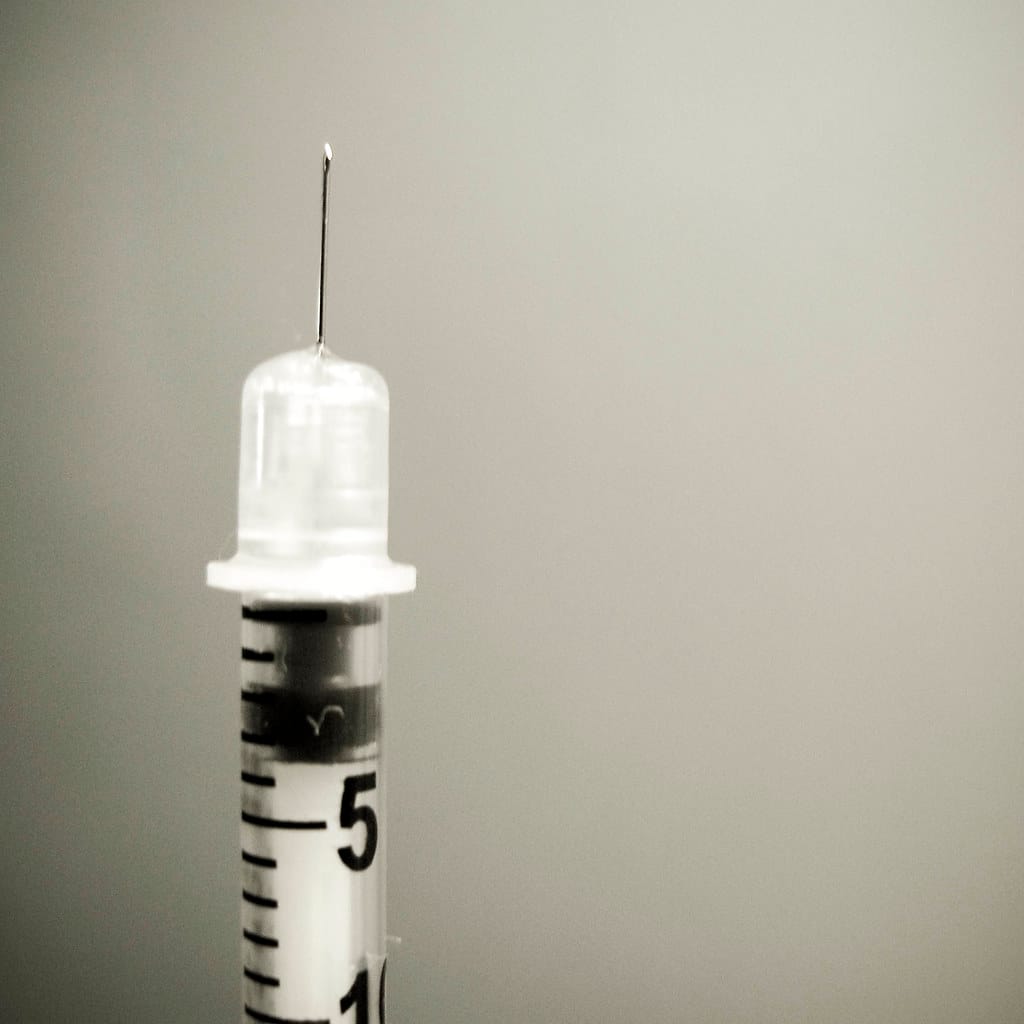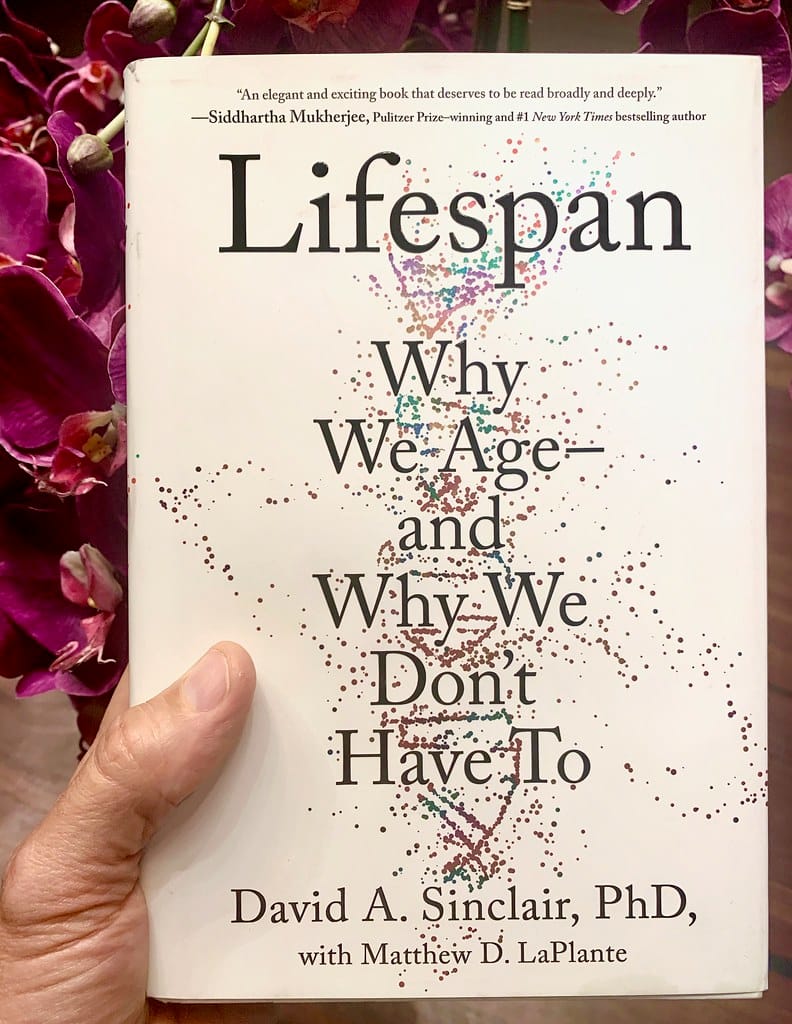Groundbreaking Type 1 Diabetes Trial Shows Complete Remission in Patients with Severe Disease
A revolutionary new treatment has achieved what many considered impossible: complete remission of Type 1 diabetes in patients with severe, long-standing disease. In a small but remarkable clinical trial, researchers have demonstrated that a novel immunotherapy approach can restore natural insulin production and eliminate the need for daily injections in some of the most challenging cases.
The Breakthrough Results
The Phase II clinical trial, conducted at leading medical centers, followed 15 patients with severe Type 1 diabetes who had been insulin-dependent for an average of 8 years. After receiving the experimental treatment—a combination of immune-modulating drugs and regenerative therapy—12 participants achieved complete insulin independence within six months.
"We're seeing patients who haven't produced their own insulin in years suddenly maintaining normal blood sugar levels without any external support," said Dr. Sarah Chen, the study's principal investigator. "Their pancreatic beta cells are not just surviving—they're thriving and producing insulin at near-normal levels."
The treatment involves a two-phase approach: first suppressing the autoimmune attack that destroys insulin-producing cells, then introducing specially engineered stem cells that can differentiate into functional beta cells within the pancreas.
What Makes This Different
Unlike previous attempts at Type 1 diabetes treatment, this approach tackles both the underlying autoimmune dysfunction and the cellular regeneration simultaneously. Traditional treatments have focused solely on managing blood sugar through external insulin, while earlier experimental therapies often failed because they couldn't adequately protect new beta cells from immune destruction.
The Science Behind the Success
The novel therapy combines:
- Selective immune suppression: Targeting only the specific immune cells attacking the pancreas while preserving overall immune function
- Protective cellular environment: Creating a "safe zone" within the pancreas where new beta cells can establish themselves
- Enhanced regeneration: Using advanced stem cell technology to generate robust, mature insulin-producing cells
Patients in the trial showed remarkable improvements in key diabetes markers. Average HbA1c levels dropped from 8.2% to 5.8%—well within the normal range for non-diabetic individuals. More importantly, C-peptide levels, which indicate natural insulin production, increased by 400% on average.
Real Patient Impact
Twenty-eight-year-old Maria Rodriguez, who participated in the trial, described the transformation as "getting my life back." Having lived with Type 1 diabetes since age 12, she had experienced numerous hospitalizations for severe hypoglycemic episodes despite careful management.
"I went from checking my blood sugar 8-10 times daily and calculating every carbohydrate to eating normally and maintaining perfect glucose levels," Rodriguez explained. "It's been eight months since my last insulin injection, and my numbers remain stable."
The Road Ahead
While these results are extraordinarily promising, researchers emphasize that larger trials are necessary before the treatment becomes widely available. The current study's small size and six-month follow-up period, while impressive, represent just the beginning of what could be a transformative therapy.
Next Steps in Development
The research team is preparing for a Phase III trial involving 200 patients across multiple international sites. This expanded study will:
- Test the therapy's effectiveness across diverse patient populations
- Monitor long-term safety and durability of results
- Refine the treatment protocol for optimal outcomes
- Investigate potential applications for newly diagnosed patients
Dr. Michael Stevens, a diabetes specialist not involved in the study, called the results "unprecedented" but urged cautious optimism. "We've seen promising early results before that didn't translate to larger populations," he noted. "However, the mechanism of action here is more sophisticated than anything we've attempted previously."
Hope for Millions
Type 1 diabetes affects approximately 1.6 million Americans and requires lifelong insulin therapy, with treatment costs exceeding $18,000 annually per patient. Beyond the financial burden, the condition carries significant risks of serious complications including kidney disease, blindness, and cardiovascular problems.
If successfully validated in larger trials, this therapy could fundamentally change the trajectory for millions of patients worldwide. The researchers estimate that with continued development, the treatment could be available for clinical use within 3-5 years.
For now, the 12 patients experiencing remission represent a beacon of hope—proof that Type 1 diabetes may not be the lifelong sentence it has traditionally been considered. Their ongoing health will be closely monitored as the medical community watches what could be the dawn of a new era in diabetes treatment.

